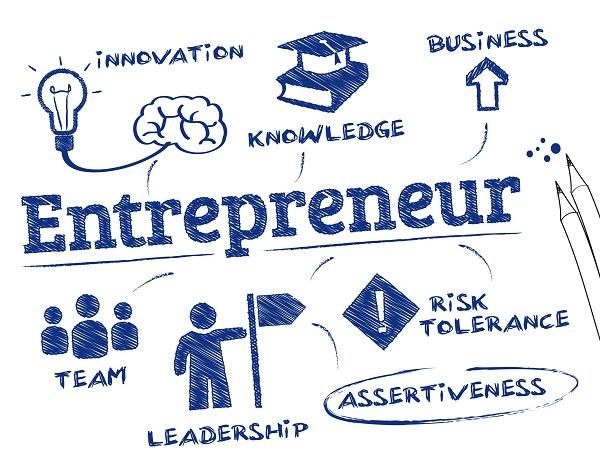Introduction
In today’s dynamic and competitive business landscape, the importance of strategic excellence cannot be overstated. Successful organizations understand that strategic thinking and execution are essential for sustainable success. To thrive amidst evolving market conditions, businesses must master the art of crafting and implementing effective strategies. This article explores the significance of strategic excellence and provides insights into how companies can achieve it.
The Role of Strategic Excellence
Strategic excellence goes beyond mere planning; it encompasses the ability to analyze, anticipate, and respond to internal and external factors that impact an organization’s success. It involves aligning resources, capabilities, and objectives to gain a competitive edge and create long-term value. Strategic excellence enables businesses to navigate uncertainty, identify opportunities, mitigate risks, and adapt to changing market dynamics.
The Key Components of Strategic Excellence
a) Visionary Leadership: Strategic excellence starts at the top. Leaders must set a compelling vision, inspire their teams, and foster a culture of innovation and strategic thinking. They need to possess a clear understanding of the business landscape, anticipate future trends, and make informed decisions.
b) Market Insight: Developing strategic excellence requires a deep understanding of the market, customers, and competitors. Organizations must conduct thorough market research, analyze consumer behaviors, identify emerging trends, and anticipate disruptions. This insight enables businesses to differentiate themselves and make informed strategic choices.
c) Goal Alignment: Strategic excellence demands clear and measurable objectives that align with the organization’s overall vision. These goals should be cascaded throughout the company, ensuring that every employee understands their contribution to the broader strategy. Clear goals enhance focus, accountability, and organizational coherence.
d) Continuous Innovation: To achieve sustainable success, organizations must foster a culture of continuous innovation. This involves encouraging employees to generate new ideas, experiment, and embrace calculated risks. Strategic excellence requires companies to adapt and evolve their offerings in response to changing customer preferences and technological advancements.
e) Effective Execution: A well-crafted strategy is meaningless without effective execution. Strategic excellence involves translating high-level plans into actionable steps, allocating resources appropriately, and establishing performance metrics. Regular monitoring and course correction are crucial to ensure that strategic initiatives stay on track.
Also Read: The Entrepreneurial Journey: Navigating Challenges and Unlocking Success
Strategies for Developing Strategic Excellence
a) Strategic Planning: Invest time and effort in developing a robust strategic planning process. This involves conducting a thorough analysis of the internal and external environment, setting clear goals, identifying strategic initiatives, and creating implementation plans. Regularly review and update the strategy to stay aligned with market dynamics.
b) Talent Development: Build a team of professionals with diverse skill sets and a strategic mindset. Invest in training and development programs to enhance employees’ strategic thinking abilities. Encourage cross-functional collaboration and knowledge sharing to foster innovation and fresh perspectives.
c) Collaboration and Partnerships: Strategic excellence often involves collaborating with external partners, suppliers, or industry experts. Seek opportunities for strategic alliances, joint ventures, or mergers and acquisitions that can leverage complementary strengths and enhance market positioning.
d) Data-Driven Decision Making: Leverage data analytics and business intelligence tools to gain insights into market trends, customer preferences, and performance metrics. Data-driven decision-making improves the accuracy and effectiveness of strategic choices, minimizing the risk of subjective judgments.
e) Agility and Adaptability: Embrace a mindset of agility and adaptability. Monitor the competitive landscape, respond promptly to changes, and adjust strategies as necessary. Embracing digital transformation can enable organizations to stay ahead of the curve and exploit emerging opportunities.
Also Read: How to choose the right marketing strategy for your business
Conclusion
Strategic excellence is the cornerstone of sustainable success in today’s dynamic business environment. Organizations that master the art of business strategy gain a competitive advantage, achieve long-term growth, and adapt to changing market conditions. By fostering visionary leadership, market insight, goal alignment, continuous innovation, and effective execution, companies can develop strategic excellence. Embracing strategic planning, talent development, collaboration, data-driven decision-making, and agility will empower businesses to navigate uncertainty and unlock their full potential for success.




